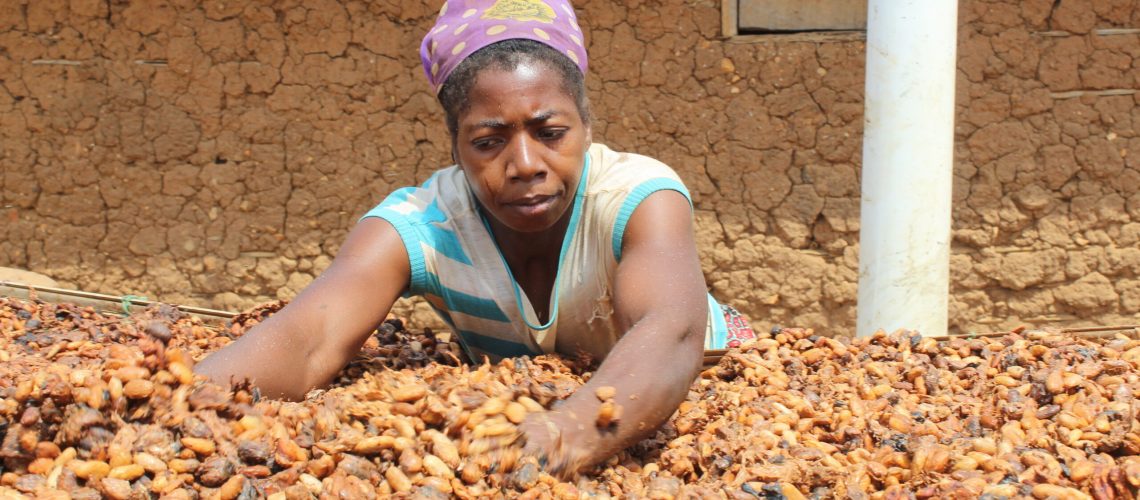A global coalition of environmental and social justice advocates and Civil Society Organisations have released an assessment of the Chocolate Industry’s policies in addressing social and environmental concerns in their production, marketing and trade of cocoa, dubbed the Easter “Chocolate Scorecard”. The annual Chocolate Scorecard study surveyed 38 of the world’s largest chocolate companies, including chocolate traders, processors and manufacturers on their practices and policies on 6 key areas of concern; Traceability and transparency, living income, child labour, deforestation and climate, agro-forestry and agrichemical management. The report notes that some chocolate producers are ‘rising to the challenge, but others continue to ignore consumer demand for chocolate that’s good for people and the planet’.
Good eggs are awarded to companies whose business models incorporate sustainability and ethical practices which addresses the concerns of the consumer whiles rotten eggs are awarded to companies that have failed to adequately address these challenges.
Chocolate Companies Known in Ghana and how they fared in the scorecard
Nestle, the producer of products such as ‘Milo’ and KitKat scored good eggs for their efforts in addressing Child Labour, Deforestation and Climate and Agroforestry. The company was applauded for ‘taking huge steps in innovation for addressing farmers’ income with additional payments and with their commitment to plant 2.8 million shade trees by the end of 2022’. However, companies such as Mars (producers of Snickers and Twix), Kellogg’s and Mondelez performed poorly on all 6 thematic areas of the scorecard. Beyond Chocolate, a New Zealand Based Manufacturer won the overall good EGGS AWARD for their sustainability and ethical business model.
Views of Advocates on Scorecard
According to Mr. Samuel Mawutor, a Policy and Advocacy Officer at Mighty Earth, “we are now starting to see many companies make commitments to address farmer poverty and improve cocoa farming livelihoods. This shows chocolate brands are increasingly becoming aware of the problem, which is progress. However, since farmer household poverty drives child labour, chemical use, and forest conversion, we need to see improved collaboration amongst companies at a landscape level. The time for small pet projects is over”.
https://www.mightyearth.org
Mr. Fuzz Kitto of Be Slavery Free, the Australia-based charity which coordinated the Chocolate Scorecard, lamented about the slow progress in eradicating child labour from the cocoa supply chain, he was of the view that “If companies started paying farmers properly, so they can get a living income, there would be fewer children forced to work in cocoa production and fewer farmers cutting corners with dangerous pesticides.”
Andrew Wallis OBE, CEO of Unseen, noted that the Chocolate Scorecard is a brilliant way to help consumers choose wisely and eat chocolate products with a clearer conscience.”






